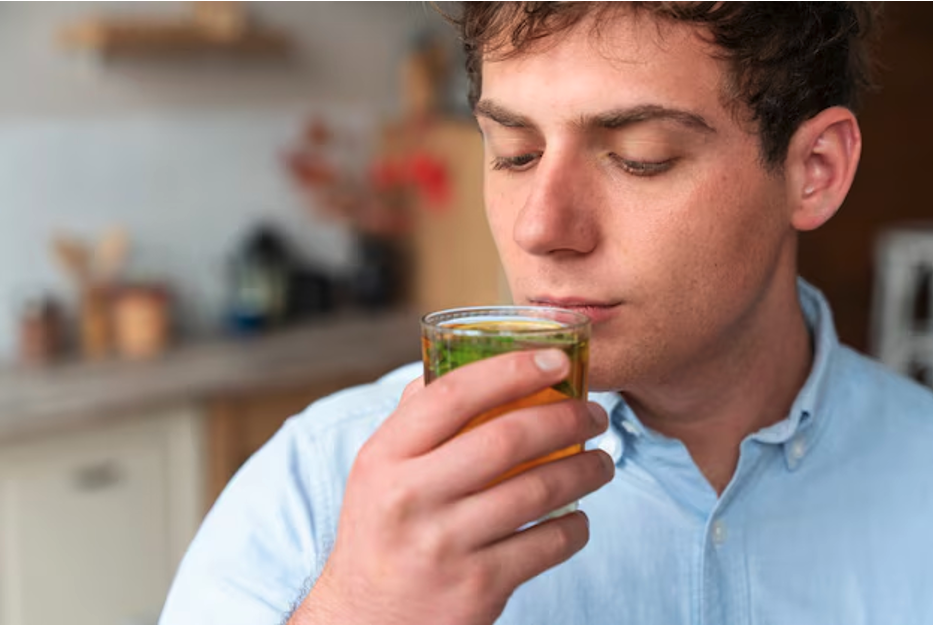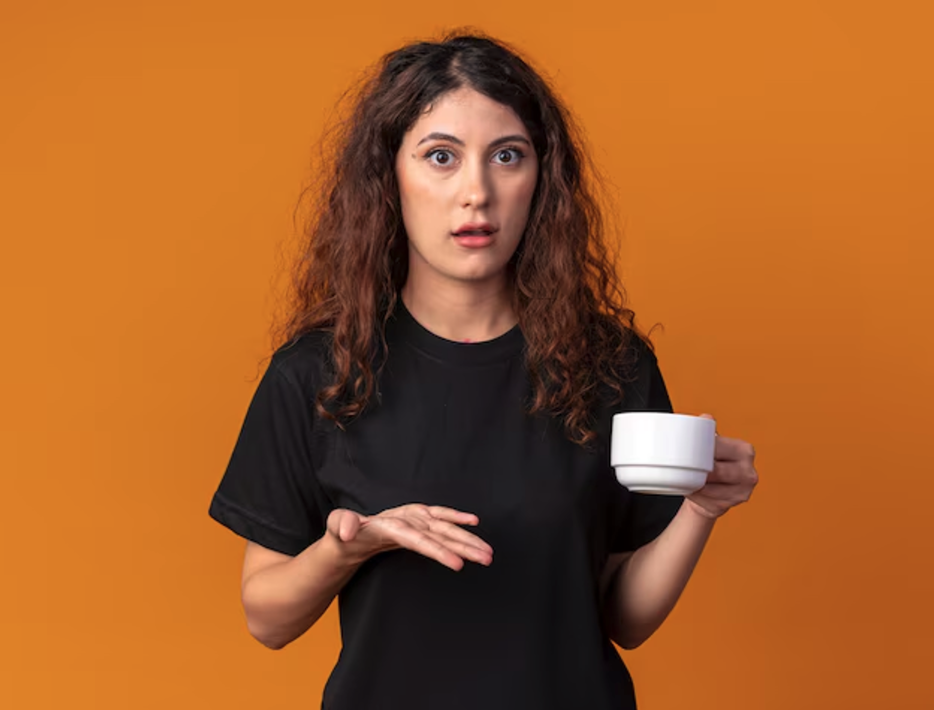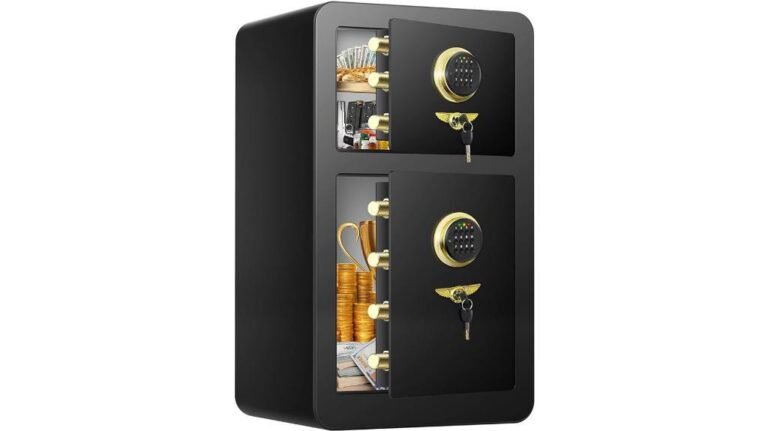6 Safe And Effective Ways To Manage Anxiety Naturally
The world seems to be crumbling most days. This is, at least, what our minds would have us think. History demonstrates that despite the world’s issues, hardship and misfortune have always existed alongside optimism and tenacity. The issue is that positive news stories tend to garner more attention than bad ones.
You cannot let fear control you, no matter what is happening in the outside world. Naturally, it’s not as simple as it seems. Hours can pass while our imaginations imagine horrible scenarios of what can occur and when. This is a surefire path to increased anxiety and deep sadness. Thus, for the remainder of the year, rather than succumbing to your concerns, why not confront them and offer yourself the opportunity to live a calm life as opposed to one that is rife with anxiety and despair?
Depression and anxiety can be managed in a variety of ways. Here are six safe and effective ways to manage anxiety naturally.
1. Stay physically active
Did you know that engaging in physical activity can elevate your mood and mental state? It’s really important to stay physically and mentally active. Frequent exercise increases the release of happy hormones and can change your endocrine pathways. Moreover, it increases endorphin synthesis and may reduce stress hormone levels. You experience comfort, contentment, and an improved mood as a result. Running, swimming, and cycling are some cardiovascular exercises that can help reduce anxiety. Therefore, it’s time to give up your sedentary lifestyle and adopt an active one.

Exercise may lessen anxiety, enhance sleep quality, and decrease the prevalence of depressive illnesses, according to research. To ensure a healthy mind, ensure your daily regimen includes at least 30 minutes of exercise.
2. Incorporate herbal supplements
Herbal supplements are a terrific approach to maintaining an active and healthy mind. To avoid anxiety and maintain a healthy lifestyle, consider using natural and effective herbs. Plants like lavender, st. John’s wort, and ashwagandha may be useful for this.
However, despite not being a true opioid, kratom has effects that are comparable to those of morphine or codeine. Kratom’s active component is known as mitragynine. Pain is reduced by mitragynine binding to opioid receptors in the brain. Besides, the antidepressant and anti-anxiety effects that some kratom users have noticed may be due to this mechanism.
The effects of kratom on mood are presently the subject of very little research. That said, a 2017 review verified that kratom improves mood and reduces anxiety in certain users. However, if you’re wondering where to buy kratom from while in Prince Edward Island, the ideal brand would be Kratom Temple.

3. Develop a regular meditation routine
Sitting motionless for five to ten minutes daily in a quiet environment is not complicated. However, the most crucial thing you can do when you’re depressed or nervous is meditate. Numerous realizations can be attained with meditation. Even if anxiety and sadness are overwhelming you, this practice helps you accept the situation as it is.
Meditating helps you remember more than just your mental state and not just your ideas and feelings.
4. Recognize and address your triggers
The majority of users get anxious because of particular events and triggers that set off the attack. If you have anxiety problems, you may want to take a seat and determine what triggers your anxiety. Certain people experience anxiety as a result of clear triggers such as alcohol, tobacco, or changes in nutrition.
However, anxiety can also be brought on by shame, fear, or a busy schedule. Take a seat back and list all of the potential triggers that make you panic or overthink things in your day-to-day activities. It’s time to address each potential trigger and lessen its impact on your daily life when you’ve identified it.
To deal with this issue, you can either learn how to handle it or get advice from a therapist. Additionally, make an effort to get outside and divert your attention so that you don’t overthink and dwell on bad ideas. Such programs could encourage mental wellness and reduce the incidence of anxiety.
5. Steer clear of caffeine

Do you know how bad caffeine may be for your mental health and cognitive function? A molecule found in many foods, including coffee, chocolate, and tea, is caffeine. Additionally, it activates your neurological system, which could eventually lead to anxiety problems. If you experience panic or anxiety episodes frequently, you should cut back on your caffeine use. Caffeine stimulates your sympathetic nervous system.
Not to mention, avoiding sleep-related problems like insomnia or daytime sleepiness can be achieved with a low caffeine intake. Therefore, cutting less on caffeine is essential as an anxiety-reduction strategy.
6. Make a life of service your own
Depression and anxiety give us the impression that we are not alone in our struggles. While you should honor your emotions, you also need to acknowledge that there are people in the world who are in just as much need of assistance as you are. Thus, dedicate some time this year to helping others.
This kind of purposeful grieving is preferable than daily wallowing in your sorrow. Hire a volunteer at a nearby shelter, entertain a lonely senior, or think of another way to give back to the community.
In the end!
Even if you may not realize it now, there is a very good reason you are experiencing anxiety and sadness in your life. Living with these conditions is certainly not easy. Your issues with mental health may be contributing to your creativity or increased empathy for others who are suffering. Remember that your anxiety is a mental state and that you are more than your mind, even if you feel like they are pointless and just burdens.





